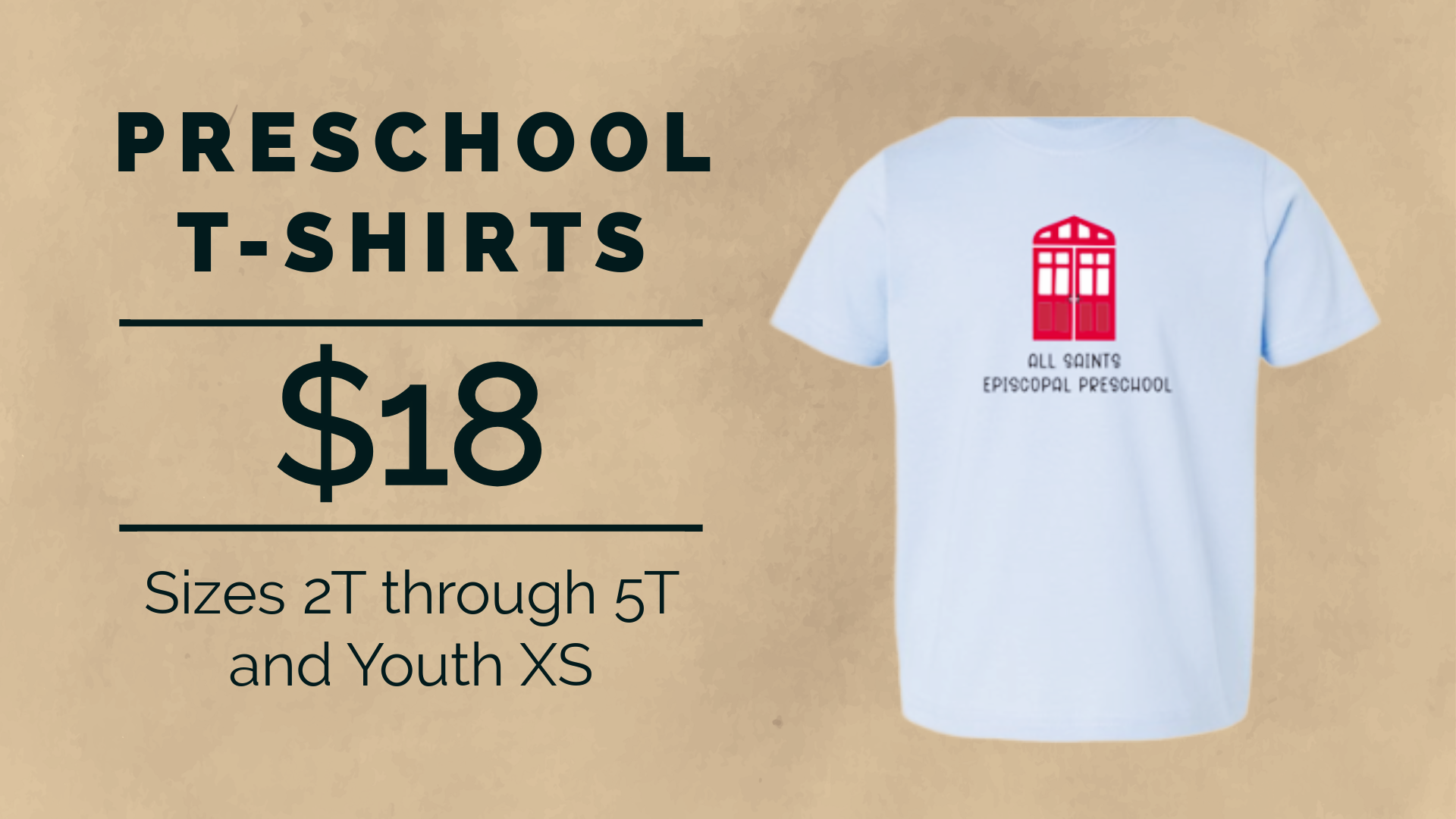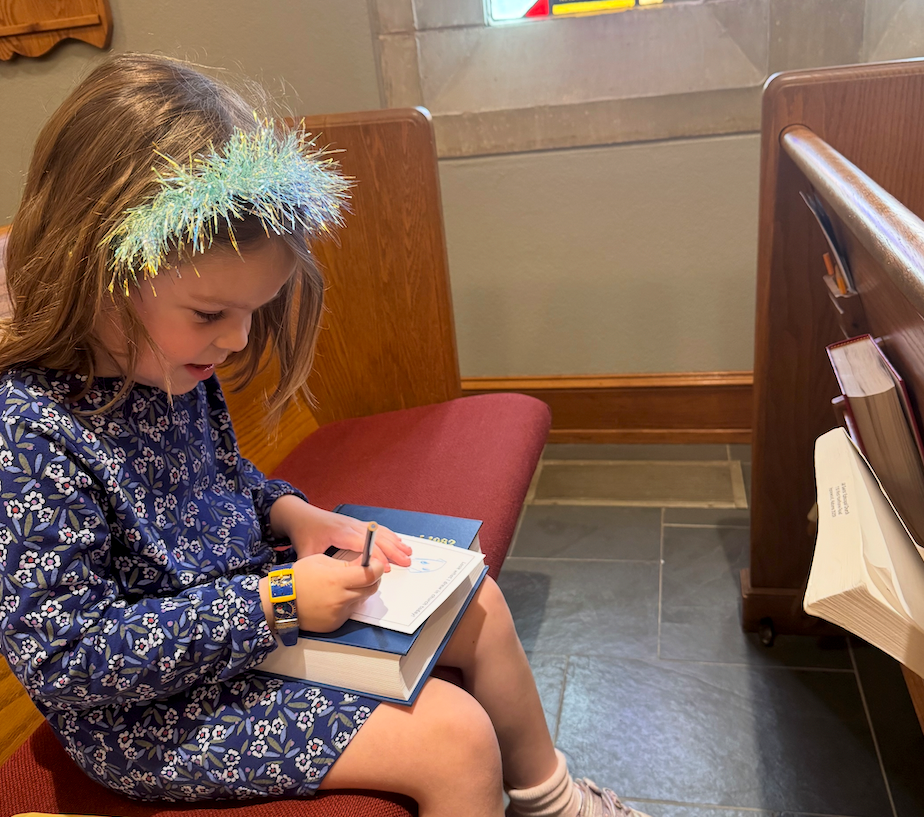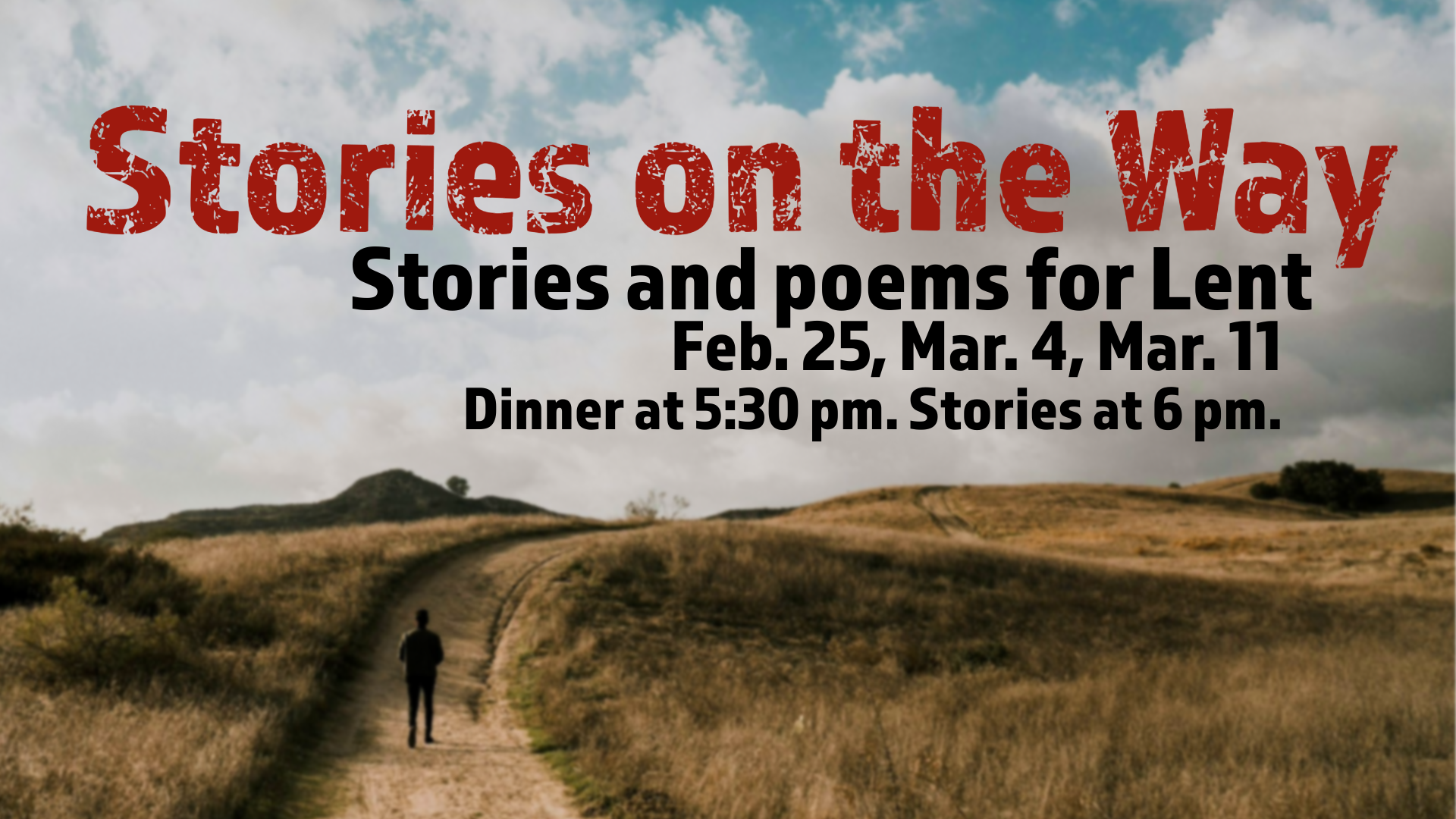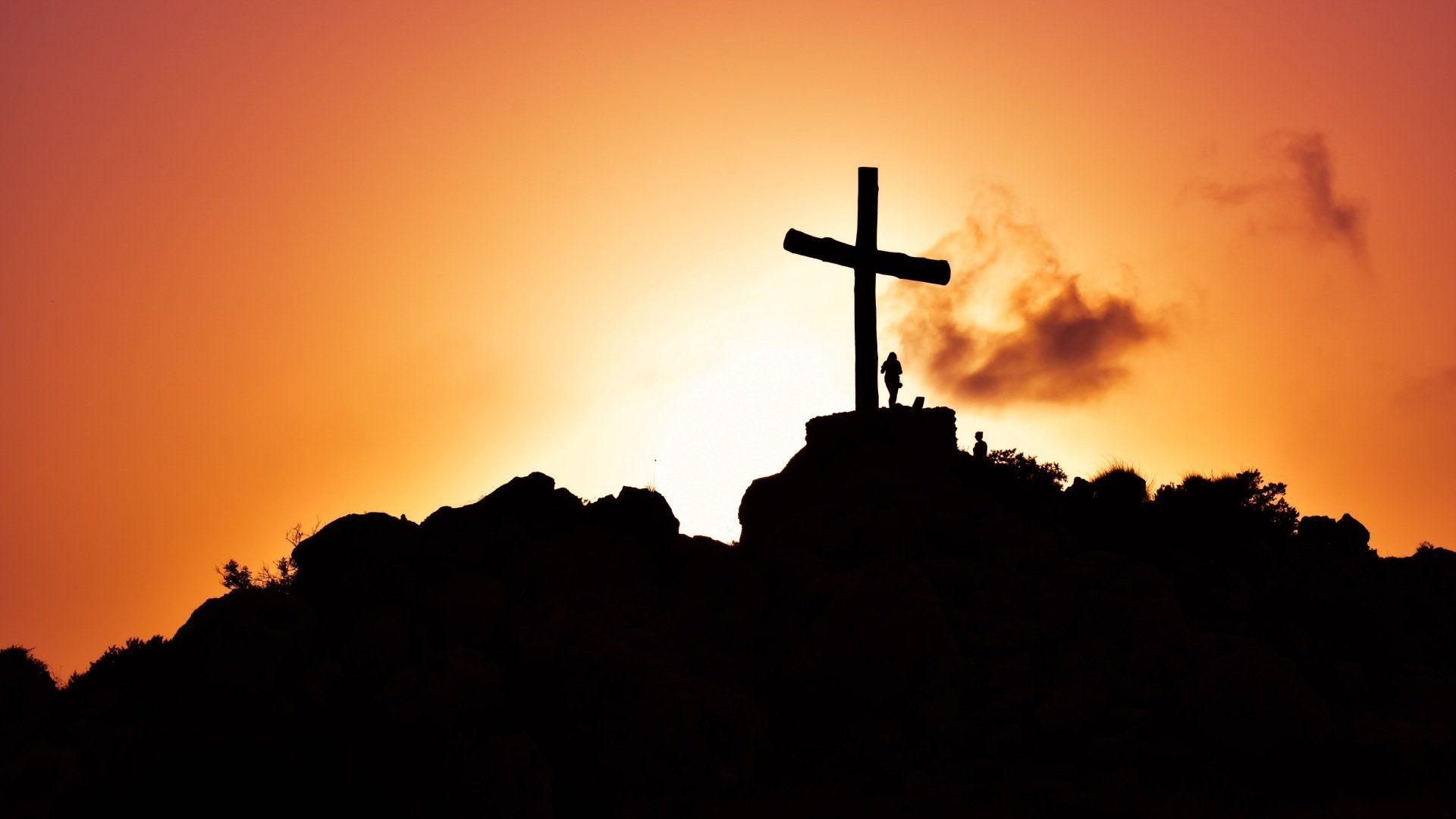Empty Jars of Transformation
The celebration has been going on for days and the wine runs out. Mary, mortified by the potential embarrassment to the families—grabs her son, Jesus, alerts him to the problem, and instructs the servants to do whatever he tells them. Of all of the imagery this rich story offers—the laughter of families reunited, the joy of people dancing and singing, the anxiety of not enough—the image I find most compelling, is that of the stone jars.
Six stone jars, likely made of limestone or some similar material, probably 2-3 feet high and nearly two feet wide. These are solid, substantial jars which could hold around 10 gallons each! We can reasonably assume at this point in the party, the jars are empty. Why else would Jesus say “Fill the jars with water?” These empty vessels become the conduit for transformation and the glory of the Lord being revealed, that Mary’s son, he’s something special. Imagine these empty vessels being an image of our hearts, and how we might open ourselves to Christ’s transforming love in our lives.
What do we need to empty to make space for Jesus to fill and transform us? Empty ourselves of pride? Or busyness? Worry? Fear? Guilt? Could we even imagine emptying ourselves of expectations? Oh, or how abut this one—Ideologies?
I recently had a conversation with someone very dear to me, and she expressed anger at people who behaved and believed differently than her. I said at one point, “I’m too tired of it all to stay angry. They are people too.” She said, “Well, I am still angry.” I totally respect that position, and it isn’t like anger is an inappropriate emotion. God gave us anger for a reason. It is what we do with it that can move into the geography of sin.
What if in all of the polarization in our current world - masks, vaccines, race, political agendas - what if one of the greatest sins is being so full of our ideologies we have lost the ability to see the humanity of the other? It’s just a thought.
If we are full, if our schedules are full, if our ideas about what life is supposed to look like are full, our hearts become like immovable stone jars filled with cement leaving no room for God in our lives.So full of expectation and certainty, we miss the miracles all around.
In this season of Theophanies, I pray we will will be open to the manifestation of God incarnate in our lives. In John’s Gospel the first miracle is not raising someone from the dead, it is not walking on water, it is not healing someone who is blind, it is not feeding those who are hungry. The first miracle is Jesus taking the most ordinary of elements, water, h2o, something that comprises 60% of human body weight—I mean we are like walking water bottles; and Jesus takes this ordinary element, WATER, and transforms it into extraordinarily fine wine.
In the Old Testament wine symbolized a blessing from God! When Jacob blessed Isaac, his prayer included, “May God give you the dew of heaven, and of the fatness of the earth, and plenty of grain and wine.” In the context of the miracle in Cana, wine is deemed a blessing beyond measure. As our own Gisela Kreglinger points out in her beautiful book The Soul of Wine, “... weddings are joyous occasions and Jesus enters fully into the joy. Likely, the families of the bride and groom were poor and unable to provide for the guests the customary week of celebratory food and drink. Jesus’s miracle is a message of abundance—the amount of water transformed to wine is somewhere between 640 and 960 bottles of FINE wine.” Gisela continues, “Jesus transforms scarcity into abundance...It’s as if Jesus wants to open our eyes to God’s abundant, beautiful, and life-giving presence among us. When you are surrounded by hardship, poverty, suffering, and oppression, as they were in Jesus’ time, that’s difficult to believe.”
We may not all be experiencing poverty and oppression, but we’ve had a bit of hardship and suffering in our own time haven’t we? Can we believe that Jesus can transform the scarcity we experience now into a sense of abundance? Can we empty ourselves of our preconceived notions of what life is supposed to be like, and instead see the beauty of what IS right in front of us?
A friend of mine sent me this amazing little book from the Stillspeaking Writers’ Group entitled, What if? A Pocket Portion of Post-Pandemic Ponderments. The title along makes it worthy of buying. These writing prompts inspire one to openly reflect on questions like, What if God is transforming your pandemic pains into something new: faithful creativity, radical flexibility, hospitable fearlessness? This has me wondering—might those empty jars invite a playful spirit of What if?
If we are so full of our pains and disappointments; if we are filled with our desire to “return to normal,” we completely miss the new God is creating now. The empty jars at the wedding were intended for ritual purification. Time and again—whether it was challenging the rules of the Sabbath over caring for the humanity of another, or stretching customary boundaries by consorting with untouchables, or exhorting about the primacy of what comes out of one’s mouth as opposed to what goes in, Jesus was upending social norms, not because he wasn’t a good Jewish boy—he was, but because he cared more about the interiority of the heart and less about the exteriority of rules.
It’s as if Jesus was saying, “Don’t worry about purifying your hands, let me purify your HEART.” It’s as if he is telling us—Focus on God, not on yourself. Is there something God is inviting you to empty yourself of, so you can be filled with Christ’s transforming love?
Imagine a heart empty of resentment, a heart that honors the sadness and yet is open to joy, a heart empty of over-functioning desires to succeed and open to simplicity. Sometimes the miracle might be the courage to have the eyes to see the ordinariness of our lives transformed into extraordinarily fine moments.
When we are free of the cement of expectations, we, like Jesus dancing at the wedding, dance with gratitude and joy for what is. The poet hafiz writes, "From the large jug, drink the wine of Unity, So that from your heart you can wash away the futility of life’s grief. But like this large jug, still keep the heart expansive. Why would you want to keep the heart captive, like an unopened bottle of wine?"
Amen.
More Announcements







